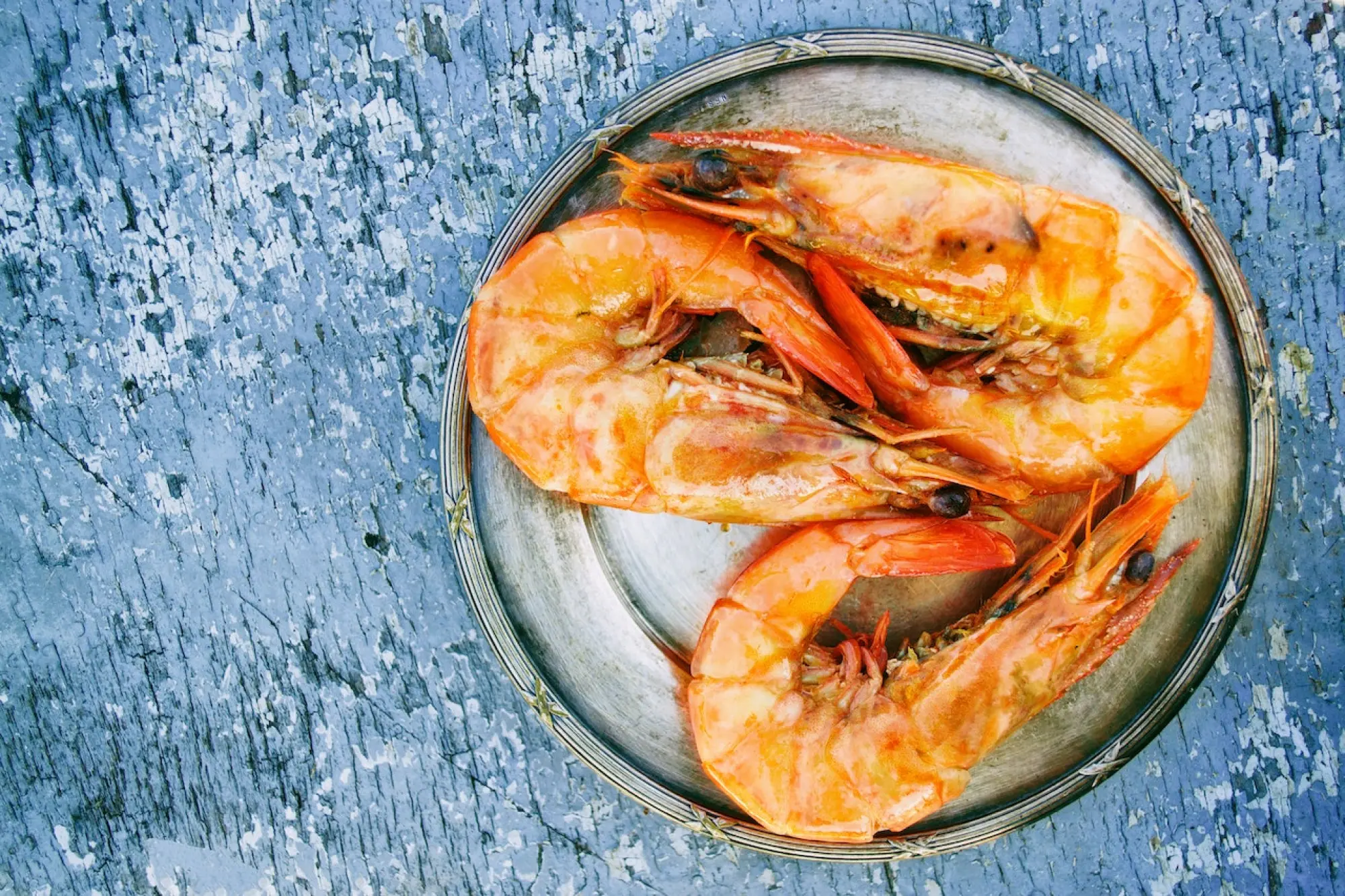What are the Seafood CoOL Regulations?
Australia will soon introduce a legal requirement for Country of Origin Labelling (CoOL) for seafood in hospitality settings. This means that restaurants, cafés and similar food businesses will need to provide information on the origins of their seafood dishes and products as part of CoOL Regulations. The goal is to give consumers the power to make informed choices when ordering seafood in hospitality settings, in accordance with their personal dietary preferences.
Retail businesses like supermarkets and other shops already need to provide information on the origins of their seafood products. An Evaluation of Country of Origin Labelling Reforms in 2021 found that many consumers use these labels as a part of their decision-making process. However, hospitality businesses such as restaurants, cafés and hotels are not currently required to label their food.
The Australian Government has committed to “working with the seafood and hospitality sectors to implement mandatory country of origin labelling” with minimal disruption.
What are the reasons behind these changes?
Country of origin is often a major factor for consumers in making decisions about which foods to buy and eat — especially with an increased focus on buying local in recent years — and seafood is no exception.
There is currently limited information available to consumers on the origin of seafood in hospitality settings. In addition, the seafood industry has noted a common misconception that seafood sold in hospitality settings is Australian when, in fact, much of it is imported.
CoOL for seafood will provide consumers with more information, giving them increased autonomy in their decision-making processes.
What will this mean for my business?
Under the plan, hospitality businesses will need to provide information on whether seafood is from Australia, imported or both. Any food that contains the edible portion of fish, shellfish and/or roe sold for immediate human consumption will need to be labelled.
This includes seafood that is:
- wild, caught or farmed,
- fresh, frozen or processed (e.g., crumbed, battered, filleted, diced or smoked), and/or
- used as an ingredient in a dish (for example, tinned tuna in tuna Mornay, smoked salmon in a quiche or whole anchovies on a pizza).
Labelling would not be required for ingredients or by-products derived from seafood, e.g., condiments, flavourings, sauces, oil, marinades, prawn crackers or stocks.
The Australian government is committed to ensuring that:
- labelling requirements will be as simple as possible to minimise the financial and logistical impact on businesses;
- requirements will be practical for regulatory bodies to monitor, assess and enforce; and
- seafood CoOL provides factual and impartial origin information that does not place a greater burden on importers than domestic producers.
How can Nutritics help with CoOL Regulations?
This legislation will mean significant changes for any hospitality or foodservice business that sells fish and/or seafood dishes. Menus may need to be updated depending on seasonal availability, and some dishes may contain seafood from multiple origins.
The good news is that Nutritics food labelling solutions can help: our software can automate these processes for you, letting you get back to what you do best. In addition, our digital menu publishing solution, Ten Kites, means that any menu changes can be updated quickly and published instantly across multiple platforms. This puts seasonal dishes and seafood specials back on the menu!
Where can I learn more?
For more information, you can find the full discussion paper from the Australian government here. There is also the facility to have your say and respond to the proposed changes by 15th March 2023 here.
